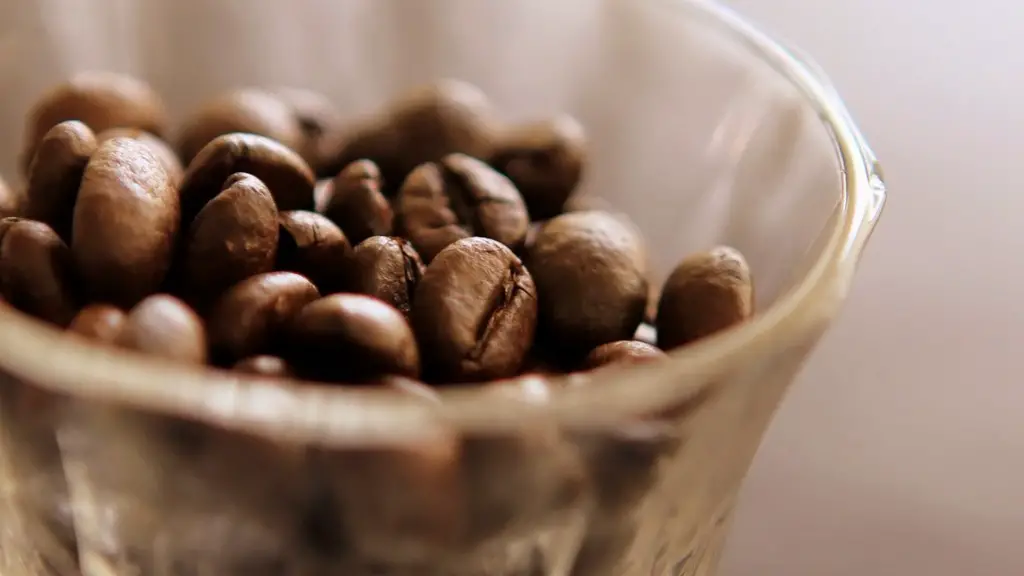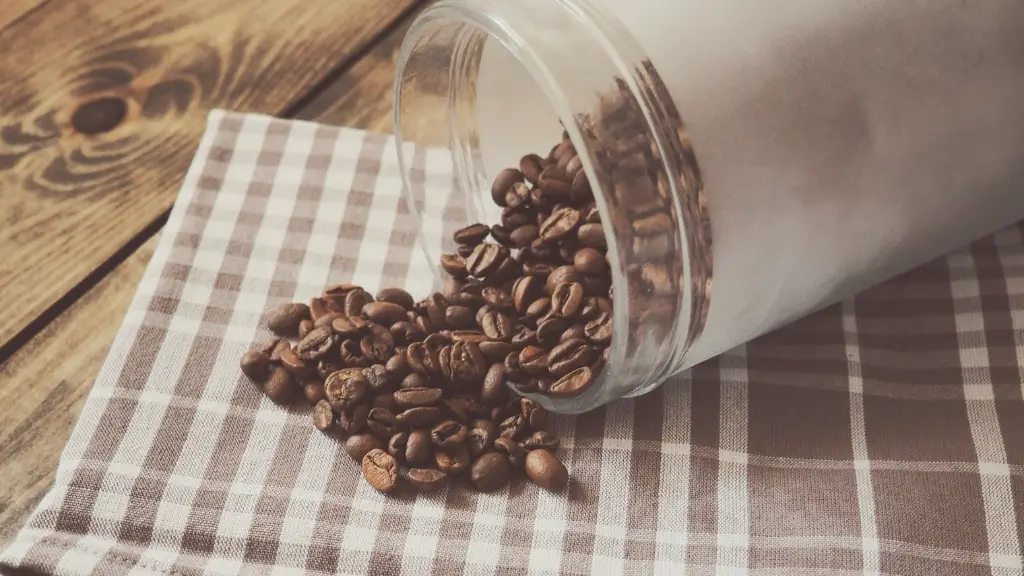Introduction
Mouthwash and coffee have been staples of our daily lives for many years, and like any combination, some of us choose to combine them, but the question remains: can you use mouthwash after drinking coffee? The answer is more complex than you might think and understanding the impacts of both can help us to make a more informed decision. In this article, we will explore the effects of drinking coffee, mouthwash ingredients, relevant data, perspectives from experts and how this affects your overall oral health.
Effects of Drinking Coffee
Coffee has a variety of benefits due to the antioxidants and vitamins it contains, but the drawbacks include enamel erosion, which weakens the teeth and increases the risk of tooth decay. This is due to the high levels of acidity present in coffee, which further increases the risk of cavities and gum disease. Coffee also increases the growth of certain bacteria which leads to bad breath, although there are some ways to combat this.
Mouthwash Ingredients
Mouthwash is typically composed of antimicrobial agents, cleansing agents and flavorings. The main active ingredient is usually alcohol, which is known to be an effective disinfectant. However, alcohol can also cause dryness and irritation of the gums and teeth, and long term usage of high-alcohol mouthwash may lead to increased risk of oral cancer. Additionally, some mouthwashes contain fluoride, which is beneficial for strengthening the teeth and preventing cavities.
Are There Any Benefits?
Using mouthwash after drinking coffee has some potential benefits. The alcohol in the mouthwash can help to kill bacteria which may be present in the mouth after drinking coffee, reducing the risk of bad breath. The cleansing agents can also help to remove staining and other residue left on the teeth. Additionally, Fluoride in the mouthwash can help to strengthen and remineralize the teeth, reducing the risk of cavities.
Perspectives From Experts
Mouthwash is generally considered safe and effective when used as directed. Many experts recommend waiting at least 30 minutes after consuming coffee before brushing the teeth, as the acids in the coffee can weaken the enamel and brushing too early can do more damage. However, using mouthwash immediately after drinking coffee can help to reduce the risk of bad breath and staining. Additionally, using mouthwash with fluoride can help to protect the teeth against cavities, erosion and other oral health issues.
Should You Use Mouthwash After Drinking Coffee?
It is generally recommended to use mouthwash after drinking coffee, as it can reduce the risk of bad breath and staining. However, it is important to be aware of the potential risks associated with alcohol-based mouthwashes, and it is best to consult with your dentist if you have any concerns. Additionally, replacing coffee with water or unsweetened tea can help to reduce the risk of tooth decay and other oral health issues.
Good Brushing Habits
Good brushing habits are key to maintaining good oral hygiene. It is generally recommended to brush twice a day for two minutes each time, using a soft-bristled toothbrush and fluoride toothpaste. Flossing at least once a day is also important, as it helps to remove food particles and plaque between the teeth. Additionally, it is recommended to use a tongue scraper to remove any bacteria which may be present on the tongue.
Importance of Regular Dental Visits
Visiting the dentist on a regular basis is an important part of oral health. Your dentist can help to identify and treat any issues before they become more serious, such as signs of tooth decay or gum disease. Additionally, regular check-ups can help to keep your teeth and gums healthy, as well as providing advice on how to improve your oral hygiene routine.
Types of Mouthwash
There are a variety of different types of mouthwash available, including alcohol-free, antibacterial, whitening, and fluoride mouthwashes. Alcohol-free mouthwashes tend to be gentler on the teeth and gums, but may not provide as much protection against bad breath and staining as alcohol-based mouthwashes. Antibacterial mouthwashes can be effective at reducing the growth of bacteria in the mouth, but they may also cause sensitivity in some people. Whitening mouthwashes can help to reduce staining, while fluoride-based mouthwashes can help to protect the teeth against cavities and erosion.
Finding The Right Mouthwash For You
When it comes to choosing the right mouthwash for you, there are several factors to consider. Consider how frequently you drink coffee, how brightly your teeth are stained and what type of mouthwash you are more comfortable using. Additionally, talk to your dentist or a dental hygienist as they can provide advice based on your individual oral health needs.
The Best Practices For Using Mouthwash
When it comes to best practices for using mouthwash, the most important thing is to only use it after brushing and flossing your teeth. Mouthwash should only be used for around 30 seconds, and it is important to avoid swallowing it. Additionally, it is best to use mouthwash in the morning and in the evening, after meals and snacks, as this will help to reduce the risk of any bacteria and plaque buildup.
Conclusion
In conclusion, using mouthwash after drinking coffee can help to reduce the risk of bad breath and staining, and it may also help to protect the teeth and gums. It is important to be aware of the potential risks associated with alcohol-based mouthwashes, and the best way to ensure optimal oral health is to practice good brushing and flossing habits and to visit the dentist regularly. Additionally, using the right type of mouthwash for your individual needs can help to reduce the risk of any issues and ensure your teeth remain healthy.



